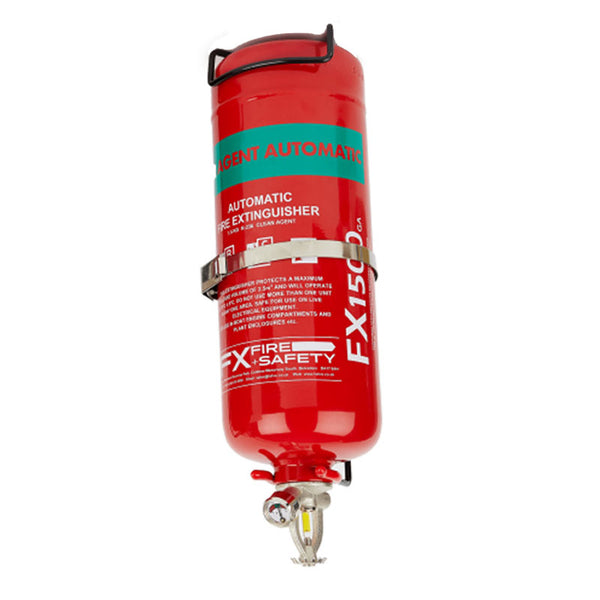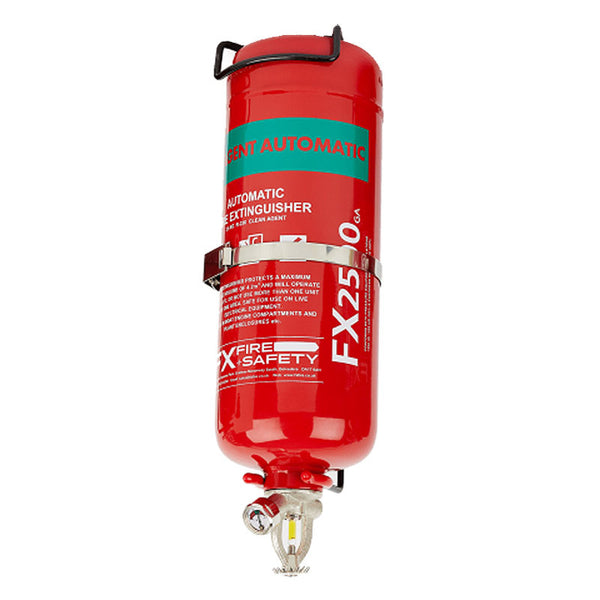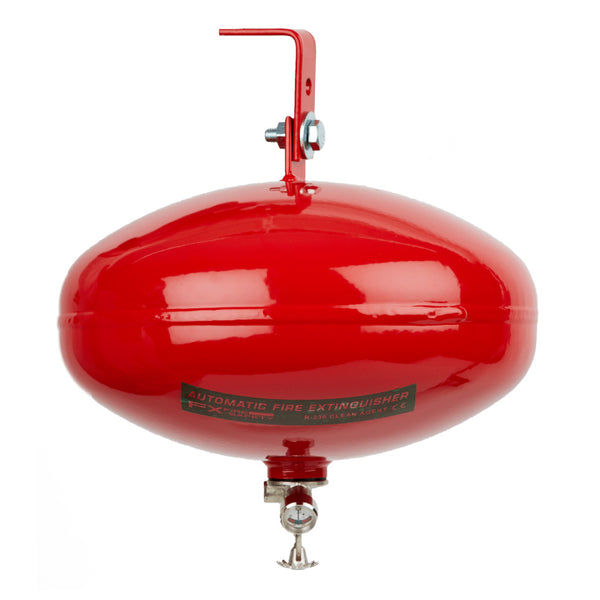We have had a lot of interest of late from Motor Sports enthusiasts who are required to carry a fire extinguisher during competitions for use in the event of accidents. Oddly the interest seems to centre on our small AFFF Foam extinguishers.
It is true that AFFF is used to tackle fires involving hydrocarbon fuels as anyone witnessing the aftermath of a plane crash with recognise as the blanket of white sprayed onto and over the aircraft. AFFF is similarly used to combat fires at bunded oil storage tanks and fuel depots, particularly as a deluge system to protect tanker loading bays. An AFFF fire extinguisher is also useful for small burning oil and fuel fires and as it is water based also works on burning solids.
When it comes to vehicles I would suggest dry powder is a more versatile and effective option. It is worth noting that ADR Classified HGV’s (i.e. those that carry hazardous loads) are EU mandated to carry fire extinguishers but not AFFF. The Directive calls for 4KG of powder in the cab and depending on size up to 12Kg of Dry Powder in total on the vehicle – usually in a special vehicle storage cabinet.
ABC dry powder is effective on solids, petro-fuels and flammable gases – and can be used safely where live electricity is present
A small AFFF extinguisher is really for the home hobbyist, maybe a small machine shop or garage repair shop. AFFF is not effective on burning gases and being water based needs care when used on electrical fires.
For in car and including motor sports my choice would be Dry Powder every time and if I was fortunate to be running on expensive wheels then specifically Monnex Dry powder which has exceptional knock down capability. Monnex is what you would find in F1 pitstops. It is more expensive kilo for kilo than ABC powder but the added performance is worth it.
Neil




